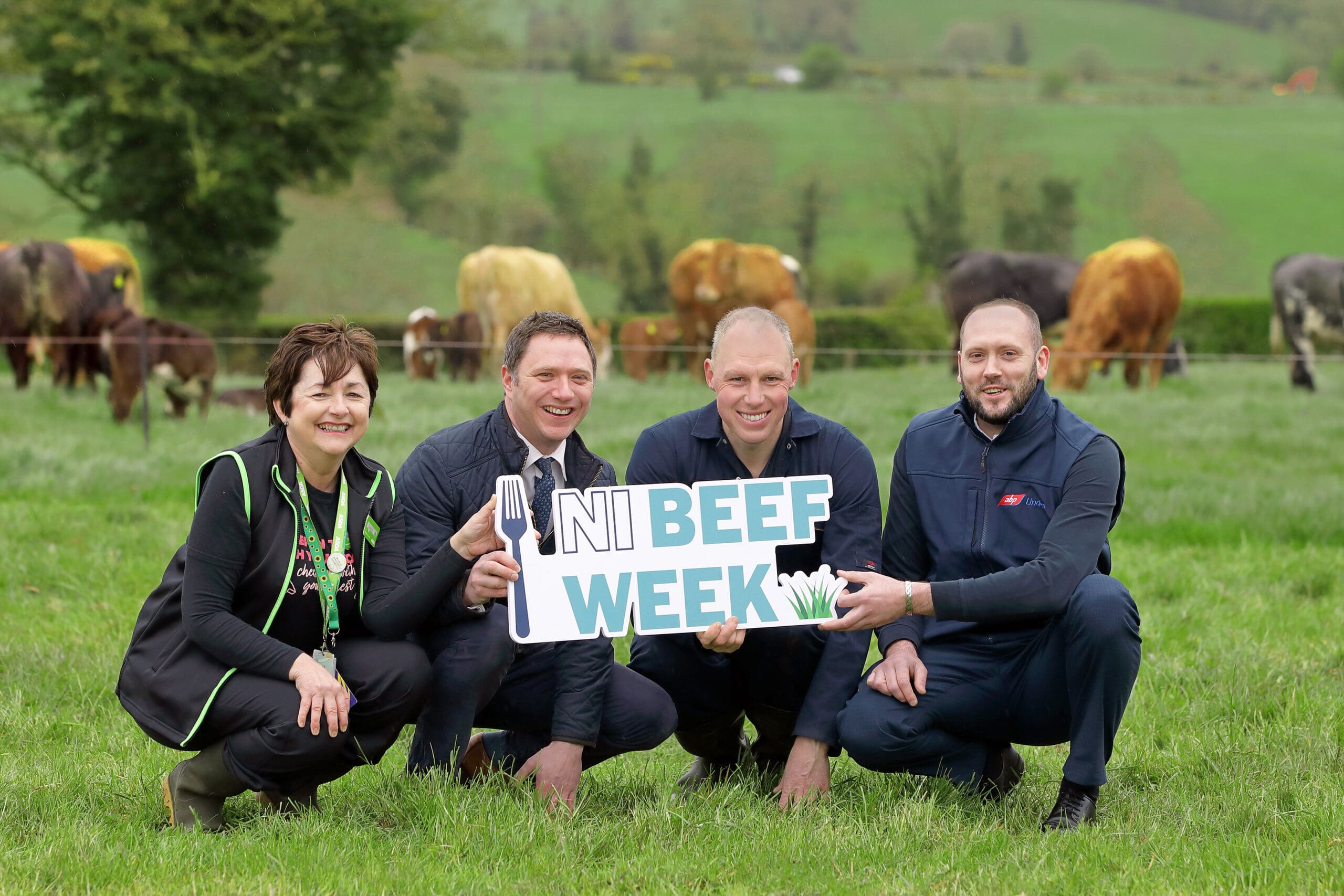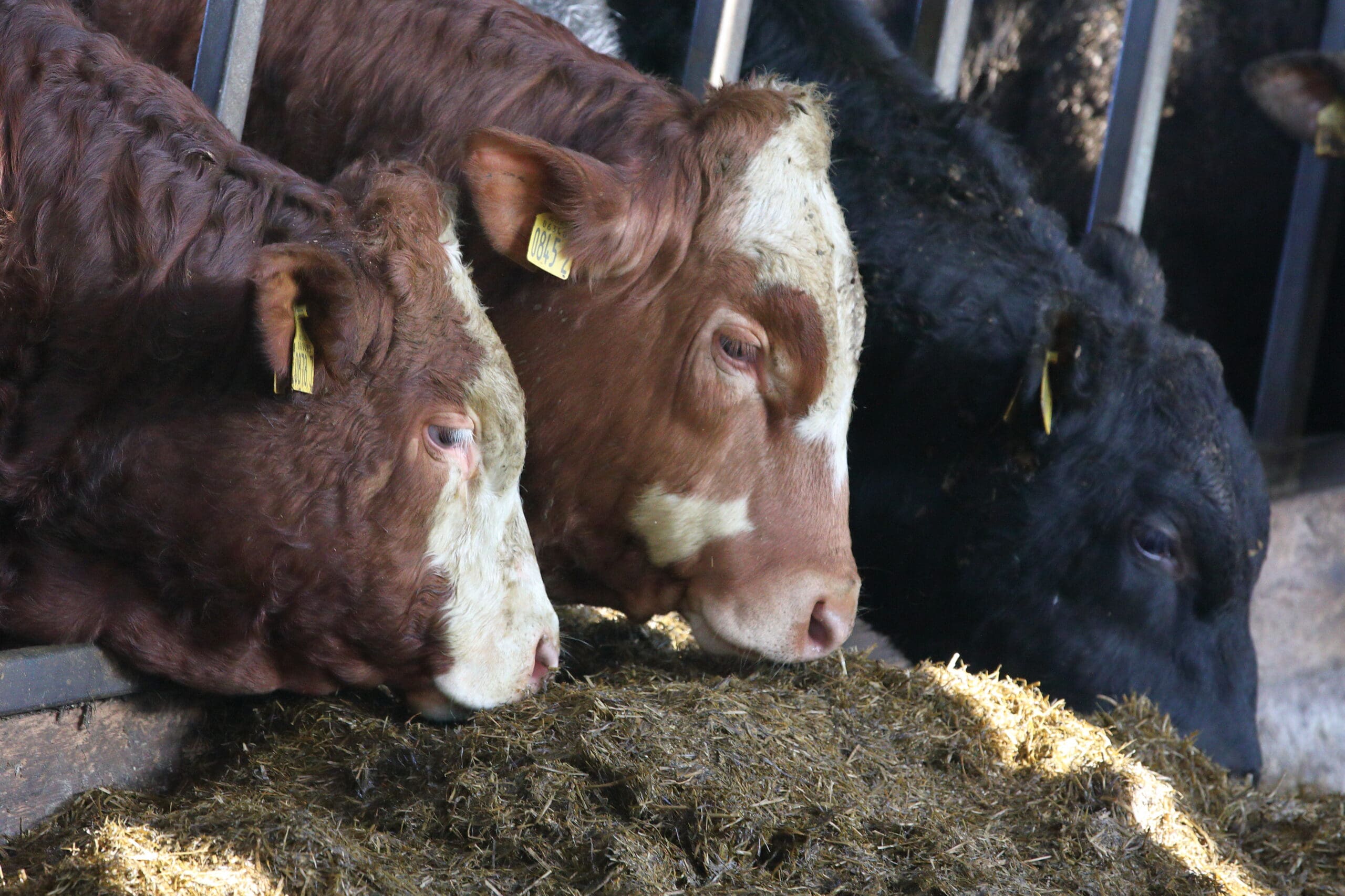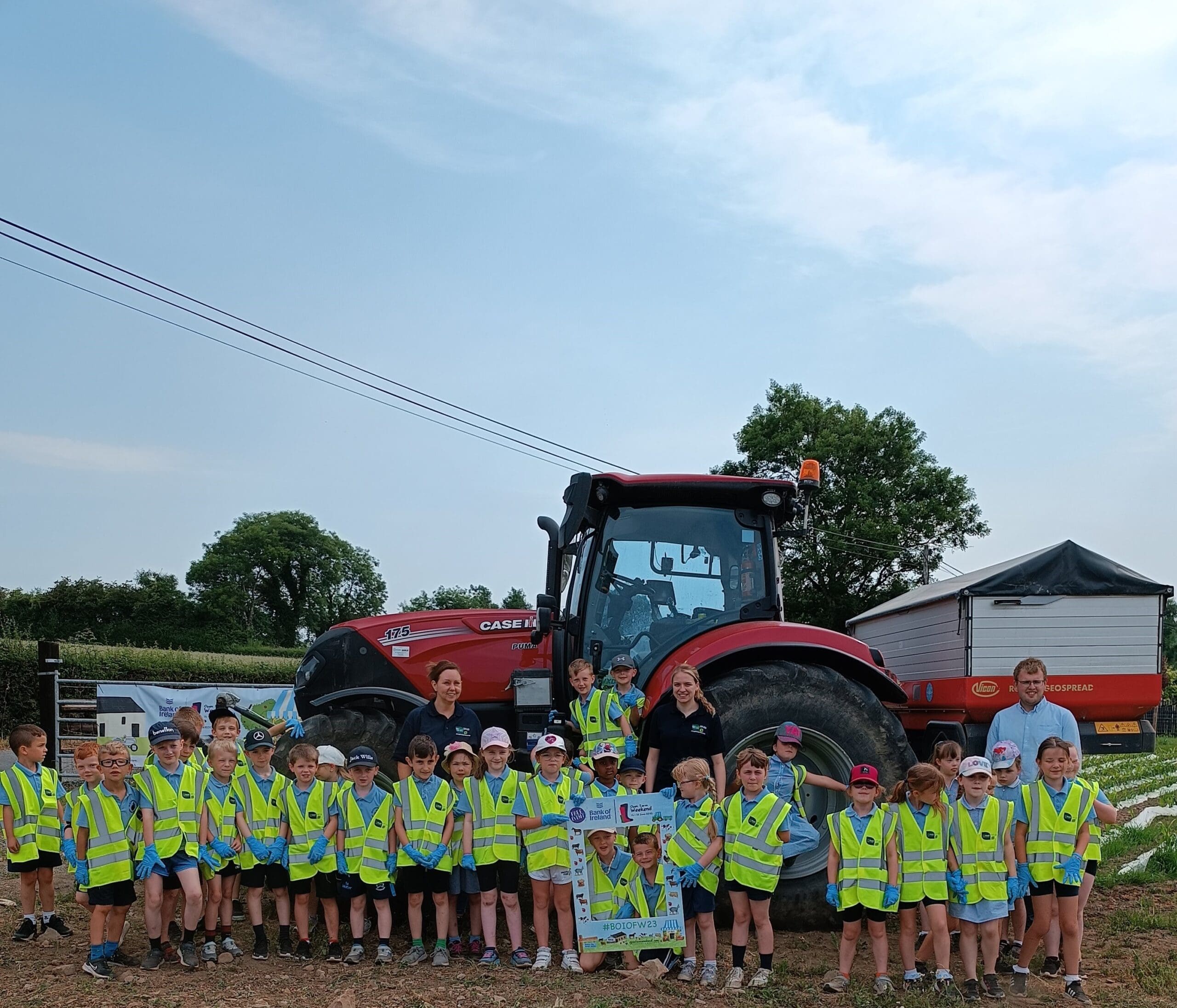The Ulster Farmers’ Union has said that it is vital that the Northern Ireland Executive commits to 50:50 match funding the next Northern Ireland Rural Development Programme (NIRDP) 2014-2020 and that the NIRDP budget is allocated strategically in order to facilitate the growth and development of Northern Ireland’s agri-food industry. This was the message from the UFU at yesterday’s (Wednesday, 15th January) NI RDP 2014-2020 DARD Stakeholder Group Meeting.
UFU President Harry Sinclair said; “Even with match funding from the NI Executive, the next Northern Ireland Rural Development Programme (NIRDP) will be operating with a reduced budget. Decisions will need to be made as to how this budget is allocated and these decisions must be made strategically. Realistically, there won’t be funding for all the schemes proposed and funds must be targeted where they will have the most impact to drive economic growth. The Agri-Food Strategy Board (AFSB) has already laid out ambitious plans to grow the industry by 60% to £7billion by 2020, and the industry will struggle to achieve this without sufficient support.
“Our neighbours in the Republic of Ireland (ROI) have already demonstrated how substantial support from the Government can help to grow the industry considerably. In 2012, Irish food and drinks exports increased by 9%, reaching the £8.21 (€10)bn mark for the first time ever, and in fact, since 2009 the industry has grown by an incredible 40%. Earlier this week, the ROI Government stepped up to the mark again announcing their commitment to co-finance the country’s next Rural Development Programme with funding from the programme prioritised to help support the continued growth of the agri-food industry. ROI are already well on track to hit their target to grow their agri-food industry to £9.85 (€12)bn by 2020, and their Government is committed to supporting the industry to deliver that.”
Here at home, there are well developed plans to grow and develop our agri-food industry as a whole but in order for those plans to be realised, the foundations of the industry must be strong.
Harry continued; “To achieve the industry growth set out by the AFSB, farm businesses not only need significant capital support to invest in infrastructure but also marketing and business assistance and the next NIRDP is ideally placed to provide this. The Union’s Executive has also agreed that the crucial support delivered to farmers in less favourable areas, soon to be re-designated as ‘Areas of Natural Constraint’ (ANC), must continue to be delivered through Pillar 2 not Pillar 1, as proposed by DARD, and must be fully match funded. In addition, the UFU has genuine concerns over the widespread vulnerability of the suckler cow sector across Northern Ireland as a whole. Therefore, we fully support the development and introduction of a specific scheme within Pillar 2 which would preferably be targeted towards supporting the ‘efficient production and marketing of quality cattle’ to maintain the viability of this crucial sector.
“A substantial farm ‘Business Investment Scheme’ has also been identified as a priority by the NI Agri-food Strategy Board. However, it will be impossible to allocate a meaningful budget to this scheme from within the expected future NIRDP budget itself. Therefore, additional financial commitment from the NI Executive, outside of the NIRDP, is needed to cover this scheme in particular.
“Going forward, we hope the NI Executive will take heed of the progressive actions of the ROI Government and learn lessons from the current NIRDP. Under NIRDP 2007-2013, substantial funding was diverted away from farmers and farm businesses to wider rural strategic projects, which should have been supported by other Government Departments. The NIRDP provides the opportunity to invest in our farmers, their businesses and to deliver on the export led growth and job creation detailed in the Agri-Food Strategy Board report. And a strong agri-food industry will have a positive knock-on effect for the NI economy, ultimately benefiting Northern Ireland as a whole. We have a golden opportunity here, and not to seize it would be foolish. ROI have already demonstrated how Government backing and strategic targeting of Rural Development Programme funding directly translates into industry growth and it is now up to the NI Executive to decide whether to follow the path to success or be left behind?”




